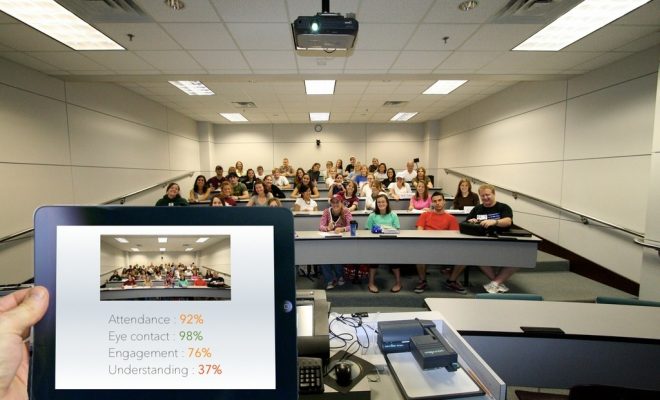Why learning to code is so important for children

Coding is currently one of the fastest growing occupations, and it is getting more popular day by day. Even if the most common thought when you hear „coding“ is creating software or website, this skill goes way beyond that.
If we look at which way technology is heading, and in which aspect we use the products, be it offline or online, it is logical to consider how this bright future will affect children. Developing a coding literacy may mean a lot to them when they grow up.
At this moment, we can already witness how technology is shaping the world. More and more jobs require at least some basic computer literacy. Even if you are working in the fast food and retail industries, it is expected that you know how to use a computer. As time goes on, requests for coding skills will grow, and it is reasonable to expect that one day not knowing it may sound as bad as not knowing how to read sounds now.
Knowing how to code can secure well-paid jobs in the future, and that means more freedom to choose and say „no“ to mediocre positions.So, when children learn to code, they are not only gaining higher-order thinking skills but a chance to choose exciting and more challenging jobs in the future.
When children learn how to code, a whole world full of possibilities opens; they can create new solutions in their way. In this case, even when a child plays a game and doesn’t like it, rewriting a code and modifying it is a possibility. This way, by using imagination to create real solutions, their creativity and confidence grow.
Learning to code is the same as learning a new language skill, and is one of the fastest growing occupations. Just like learning a new language or riding a bike, it is best to start learning how to code in the early years. You might think it is hard for kids to learn to code, but in reality, it is quite easy.
Learning coding at a young age makes kids better thinkers and communicators. This leads to more innovations, which is certainly beneficial throughout life. Even if later they decide that they want to be musicians, artists or something else, thinking logically can be advantageous in the long run. Critical thinking and problem-solving are skills that are important way outside computer science.
In life, we often need to break challenges into small tasks so we can see the big picture. Coding requires analyzing different situations and thinking about what might happen and, when we translate this into real life skills, kids will learn how to make decisions that will make large and overwhelming goals easy to reach.
If children learn how to code when they are young, they will develop fluidity in their thinking, which means they will be able to tell a story in exact particular order. Because many children use video games to learn to code, they know how to follow or even create their story line or code sequence.
Finally, every parent would be satisfied knowing that their child is not limited in knowledge. Besides only using smartphones and tablets, there is more to strive for, and coding is a great skill to have in this technology-oriented world.






